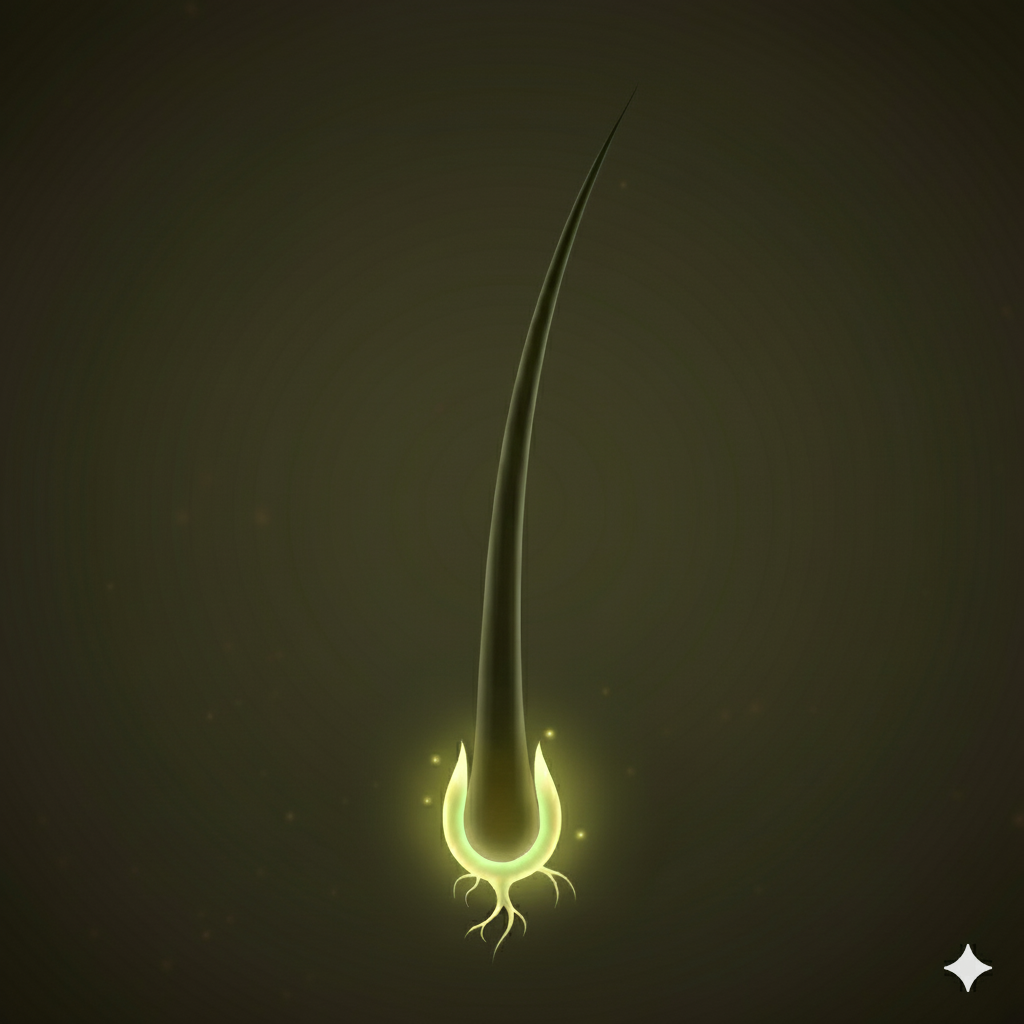In our fast-paced, modern world, stress can feel like a constant companion. From demanding careers to the daily juggle of life, the pressure adds up. But have you ever noticed that after a particularly stressful period, you seem to be shedding more hair? You’re not imagining it. There is a direct, scientific link between stress and hair health, and the key player is a hormone called cortisol.
Understanding this connection is the first step to taking back control. Let's dive into the science behind stress-related hair loss and explore the holistic solutions that can restore balance.
What Is Cortisol? Your Body’s Built-In Alarm System
Cortisol is often called the "stress hormone." It’s a vital part of our body's "fight or flight" response, designed to give us a surge of energy and focus when we’re facing a threat. In short bursts, it’s incredibly helpful. However, when stress becomes chronic—a constant state of high alert—our cortisol levels can remain elevated, signaling to our body that it's in a perpetual state of emergency. This is when non-essential functions, like hair growth, can be put on the back burner.
The Science: How Cortisol Disrupts Your Hair's Growth Cycle
Your hair grows in a cycle with three main phases: a growth phase (anagen), a transition phase (catagen), and a resting phase (telogen). At the end of the resting phase, the hair sheds to make way for a new one.
High levels of chronic stress can trigger a condition called Telogen Effluvium. This is when a significant number of hair follicles are prematurely pushed from the growth phase into the resting phase. Because the resting phase is much shorter, these hairs then enter the shedding phase all at once, typically 2-3 months after the stressful period. This results in a sudden, noticeable increase in hair fall.
Signs Your Hair Loss Might Be Stress-Related
If you're concerned about hair loss, it's always best to consult a professional. However, some common signs of stress-related shedding include:
-
A noticeable increase in hair fall a few months after a significant life event (a new job, a loss, a major project).
-
Diffuse thinning all over the scalp, rather than specific bald patches.
-
Your ponytail feeling less full or your hair parting appearing wider.
A Holistic Approach to Managing Stress-Related Hair Fall
The good news is that stress-related hair loss is often reversible once the stressor is managed. A holistic approach is key.
Mindful Lifestyle Practices
Incorporating stress-management techniques like meditation, gentle exercise such as yoga, and ensuring you get 7-8 hours of quality sleep can help signal to your body that it's safe to exit "emergency mode."
Nourish From Within
A balanced diet rich in protein, iron, and antioxidants provides your body with the building blocks it needs to recover and support healthy hair follicles.
Targeted Supplementation with Adaptogens
Adaptogens are remarkable botanical substances that help the body adapt to and resist physical, chemical, and biological stress. They work by helping to regulate the body's stress response systems. For a targeted approach to stress-related hair fall, a supplement like The Volume (link to product page) can be a powerful ally. It is formulated with Holixer®, a clinically-studied adaptogen from Holy Basil, specifically chosen for its ability to help the body manage stress and support a balanced state.
Understanding the cortisol connection empowers you to address hair wellness at its root. By managing stress and supporting your body from within, you can restore your natural hair growth cycle and cultivate resilience, both inside and out.




